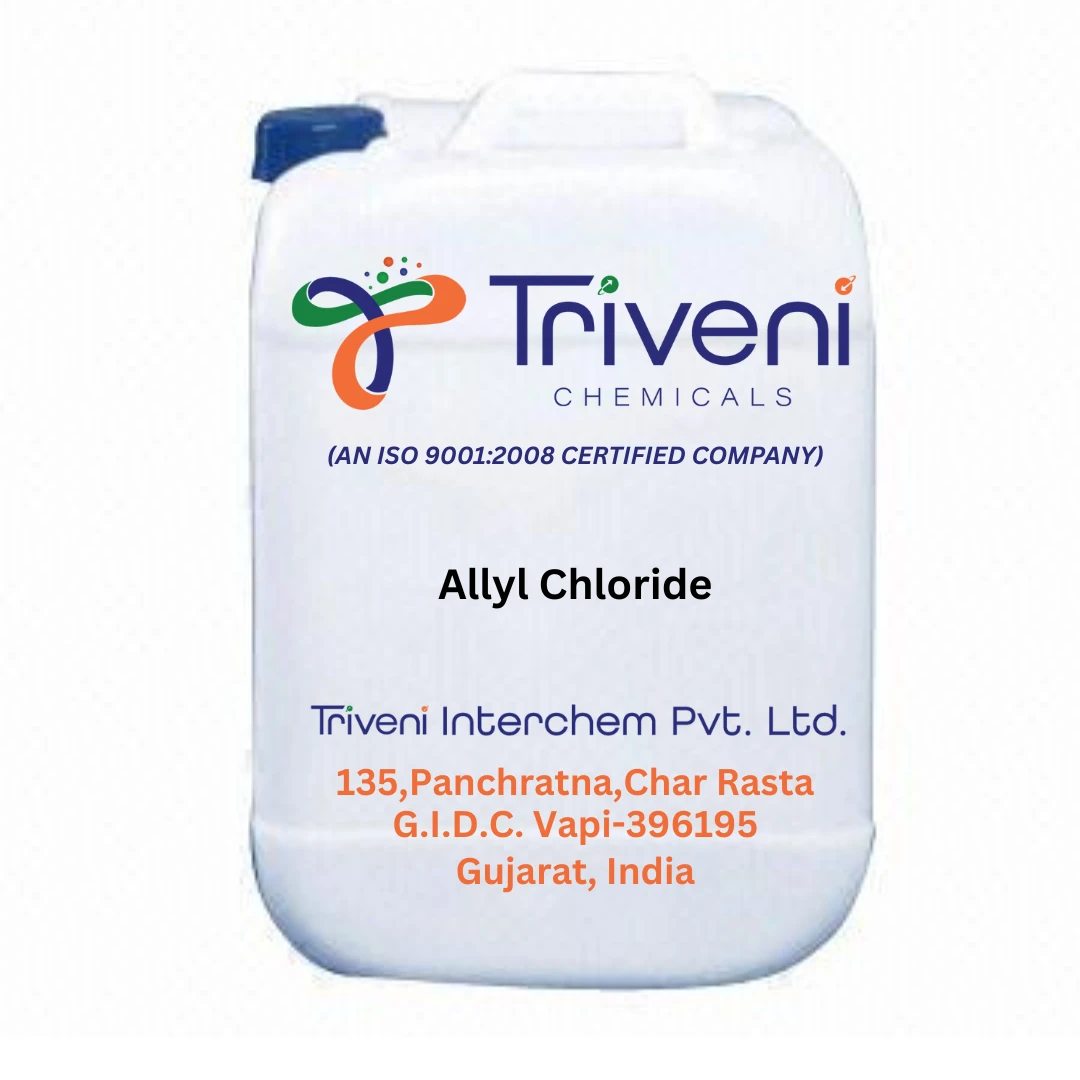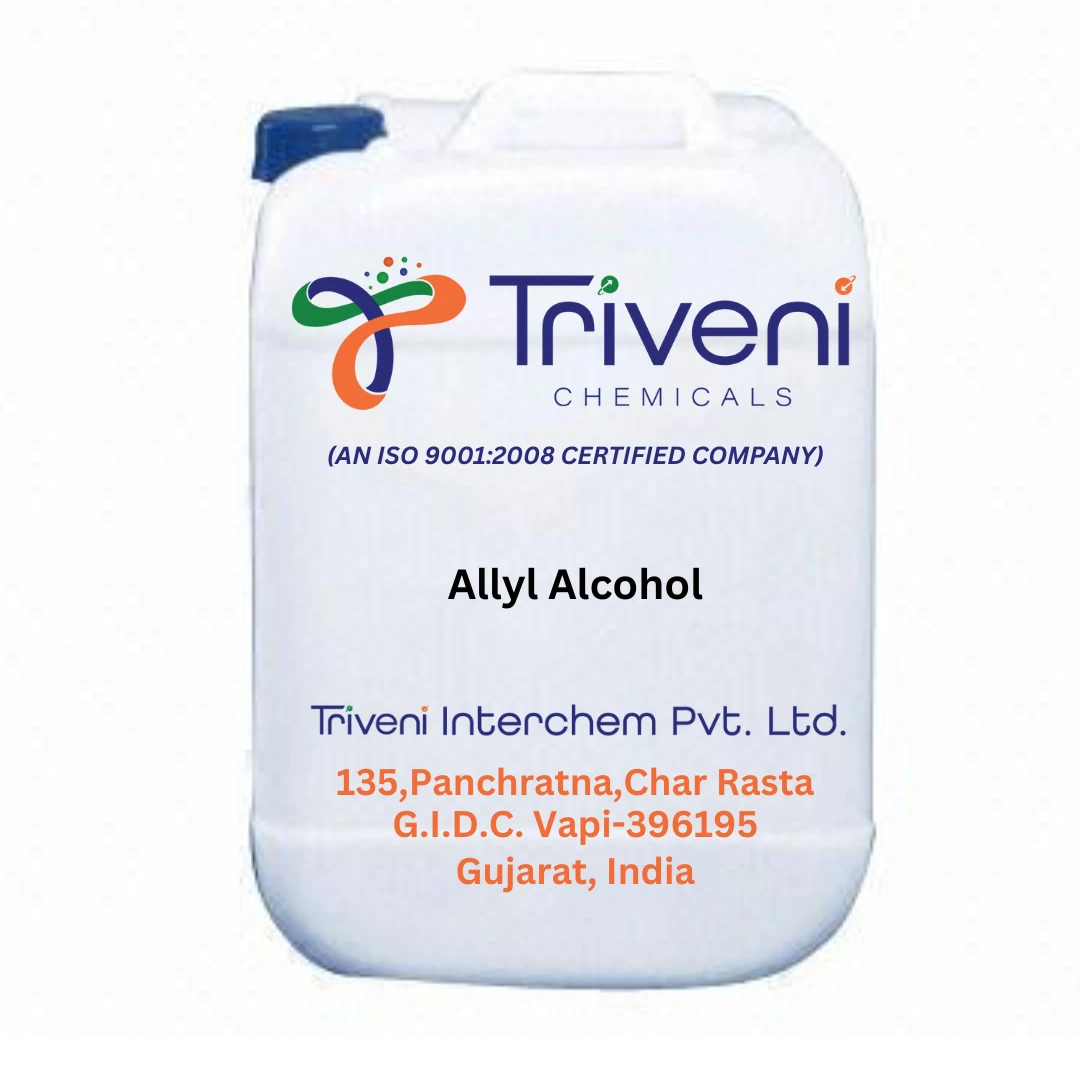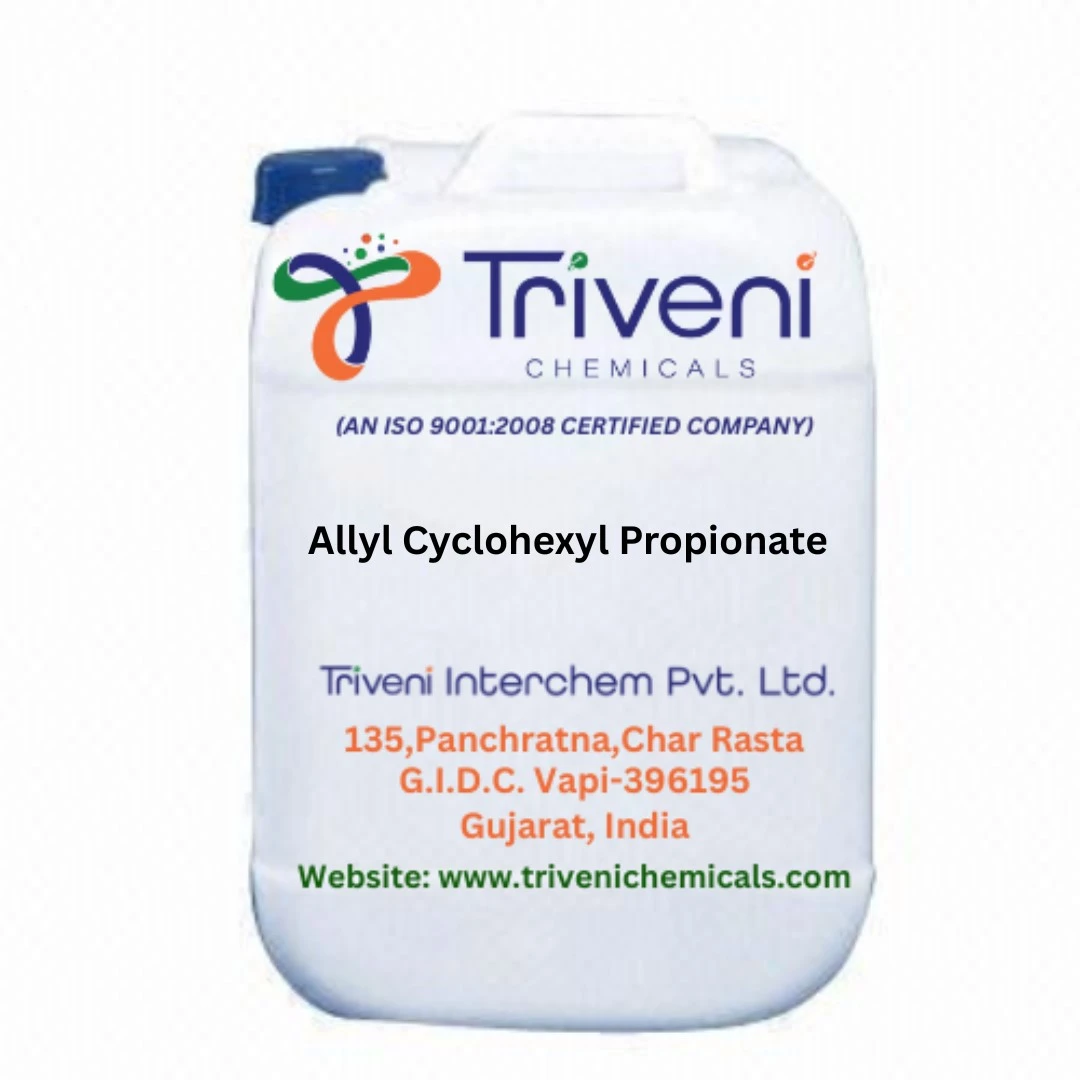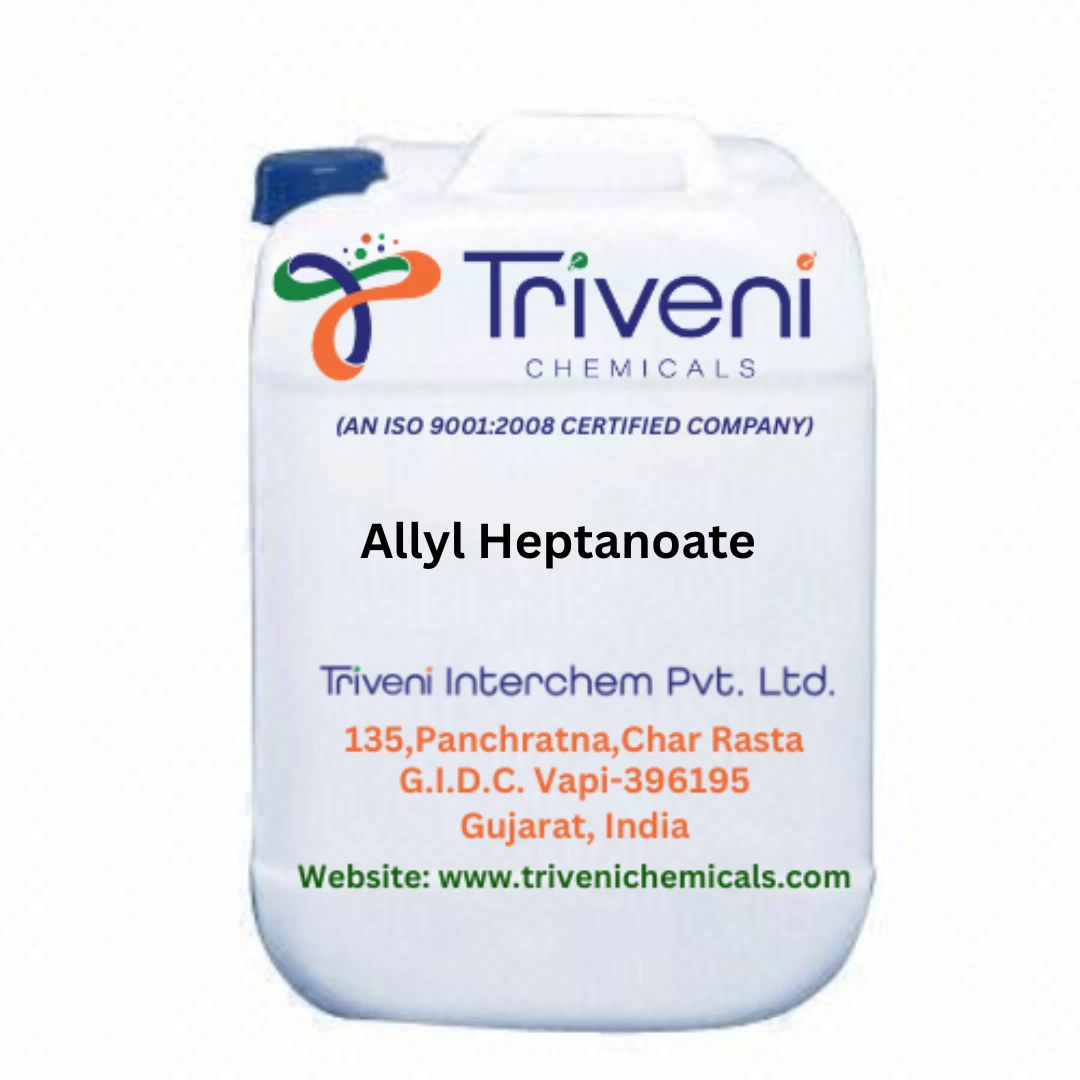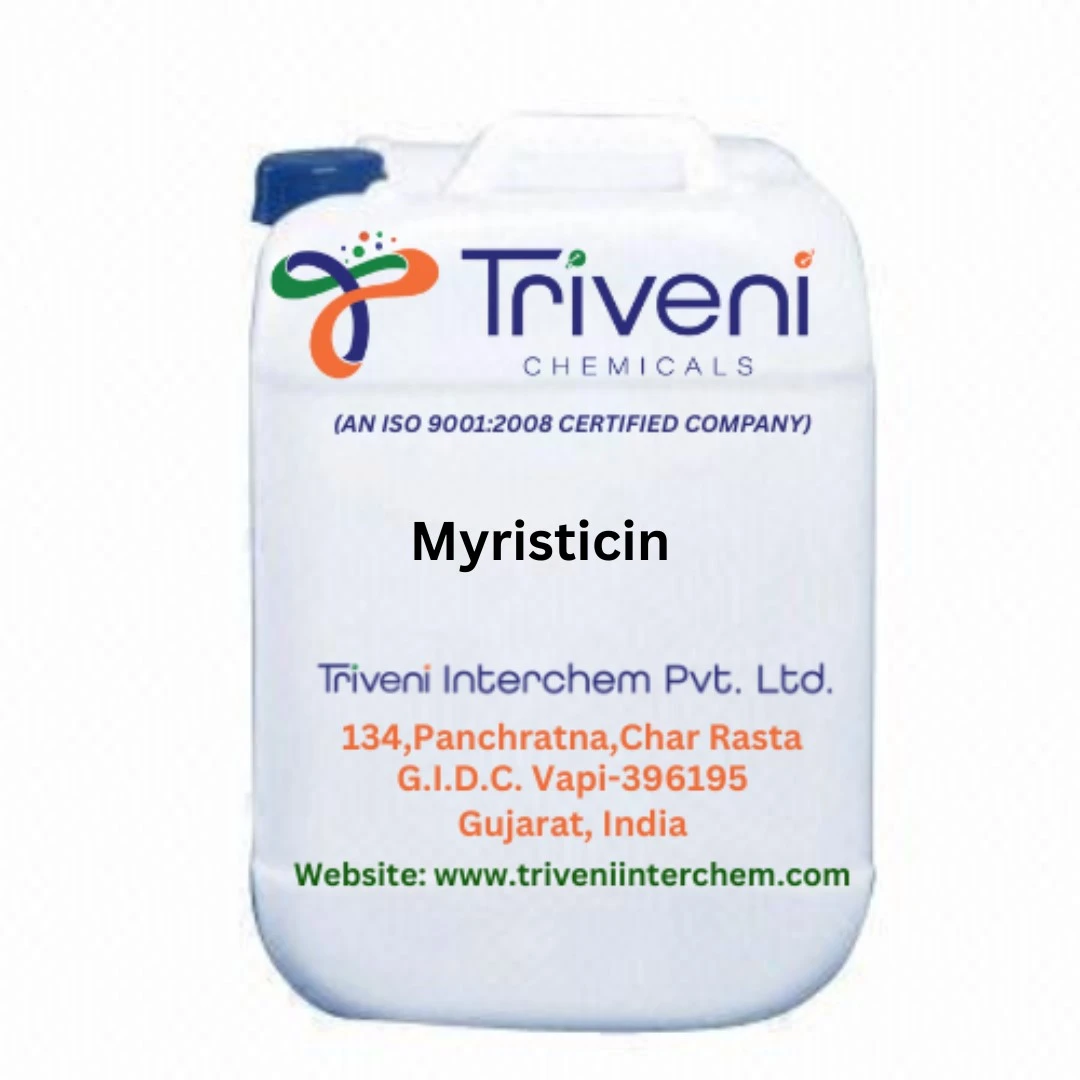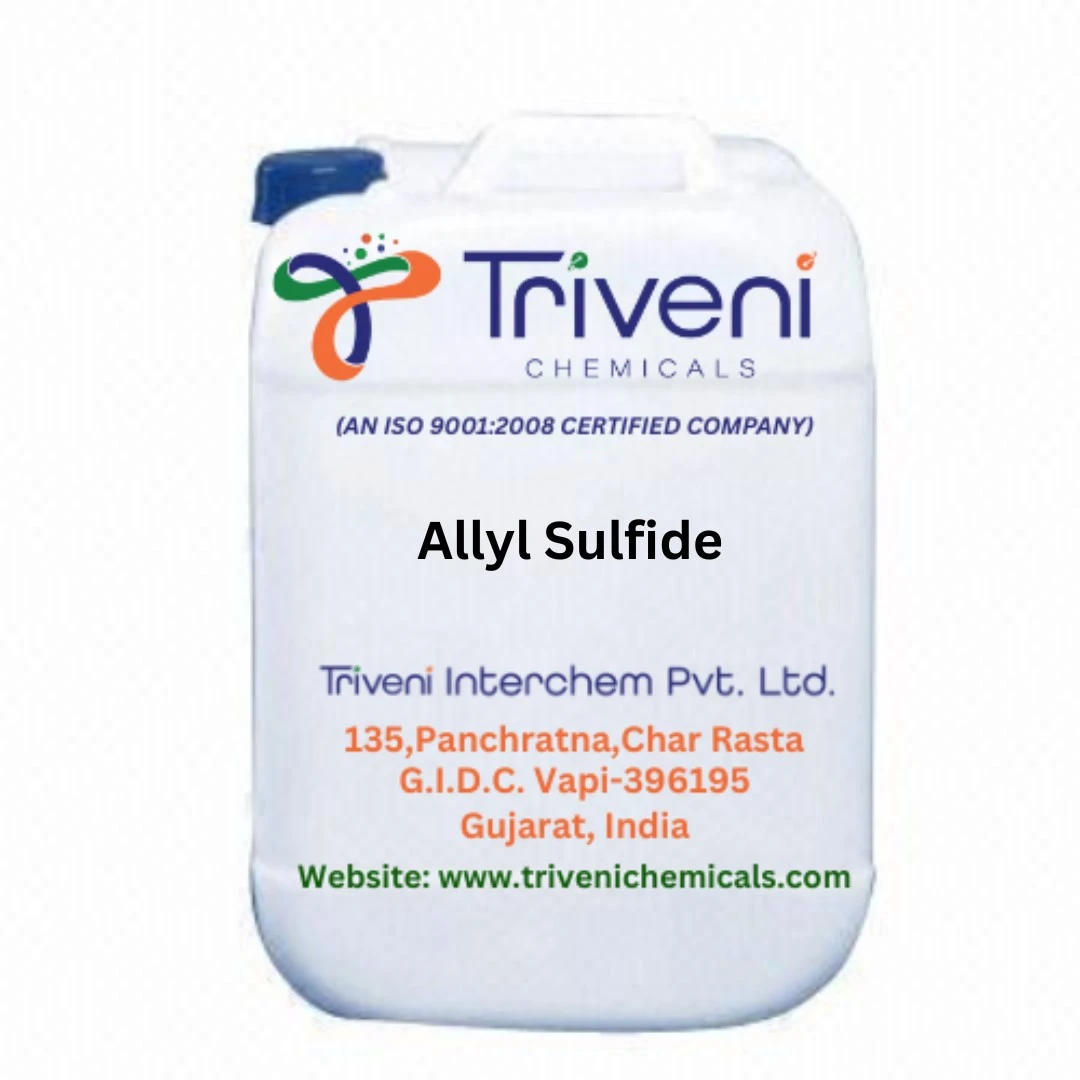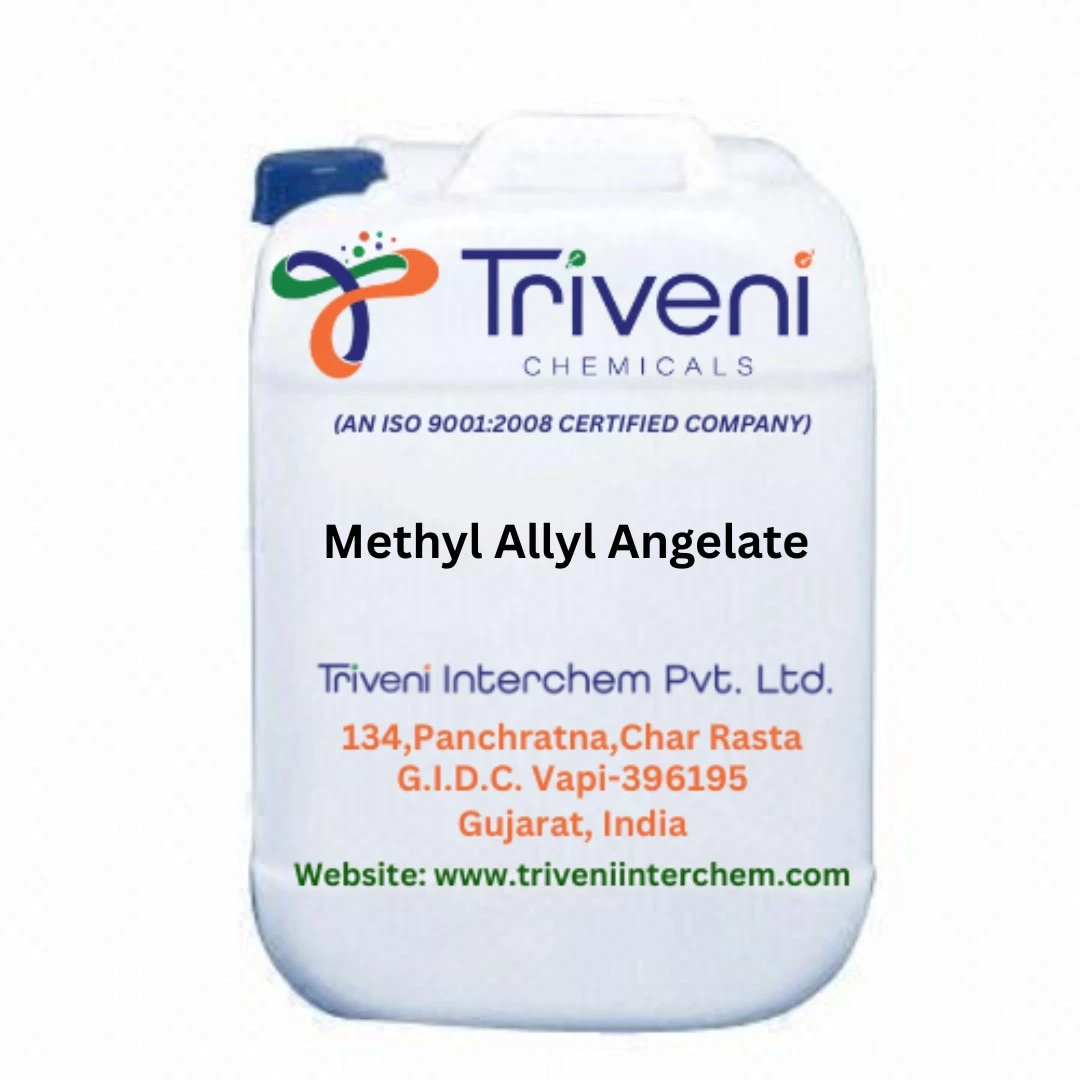An allyl group, which is made up of three carbon atoms arranged in a straight chain with a double bond between the central carbon and one of the terminal carbons and a single bond between the central carbon and the other terminal carbon, is what distinguishes allyl compounds from other..
An allyl group, which is made up of three carbon atoms arranged in a straight chain with a double bond between the central carbon and one of the terminal carbons and a single bond between the central carbon and the other terminal carbon, is what distinguishes allyl compounds from other classes of organic compounds. Chemically speaking, the allyl group is represented by the formula CH2=CH-CH2-. Because of their versatility and reactivity, allyl compounds are widely used in organic synthesis and display a range of intriguing chemical characteristics Allyl alcohol (prop-2-en-1-ol), a well-known member of the allyl compound family, is frequently utilized as a precursor in the synthesis of numerous compounds, including medications, tastes, and fragrances. Acrylic acid, an essential monomer in the synthesis of polymers like polyacrylic acid and its derivatives, can be obtained by oxidizing allyl alcohol.Allyl chloride (3-chloropropene) is another significant allyl chemical that is used in the production of allyl resins, which are used in coatings, sealants, and adhesives. Additionally, allyl chloride can be used as a starting material to create allyl ethers, which are useful organic chemistry intermediates. Another important synthetically useful member of the allyl chemical family is allyl bromide (3-bromopropene). It is frequently used in the production of fine chemicals, agrochemicals, and medicines. When adding allyl groups to organic compounds, allyl bromide is a widely used alkylating chemical in organic synthesis.Garlic and other Allium species also contain allyl sulfides, like diallyl sulfide, which adds to their distinct flavor and odor. The possible health advantages of these substances, such as their antibacterial and antioxidant capabilities, have also been investigated. The allyl group's presence causes a variety of reactivity in allyl compounds. They easily participate in several kinds of elimination and substitution reactions, as well as addition reactions involving nucleophiles and electrophiles. The allyl group is more reactive than simple alkyl groups because of its capacity to stabilize positive charge through resonance.To sum up, allyl compounds are a flexible class of organic molecules with a variety of uses in both business and education. They are important building blocks in organic synthesis and have a wide range of applications in chemistry because of their distinct chemical characteristics.
Allyl compounds are essential in organic synthesis, offering versatility in creating complex molecules. Dihydralazine Sulfate, associated with alpha agonists, is utilized in medical treatments for its vasodilatory properties.


